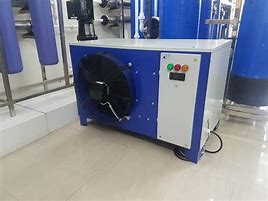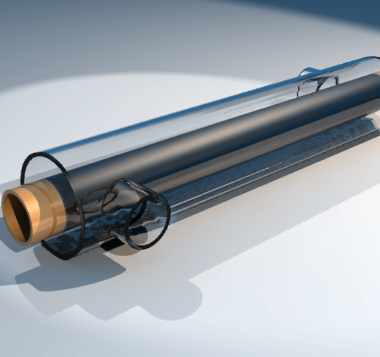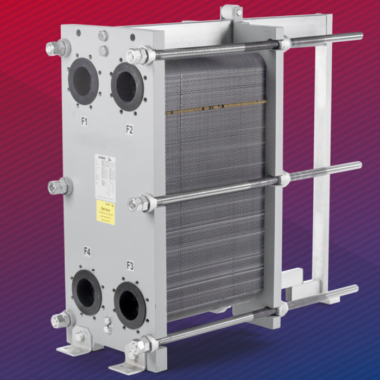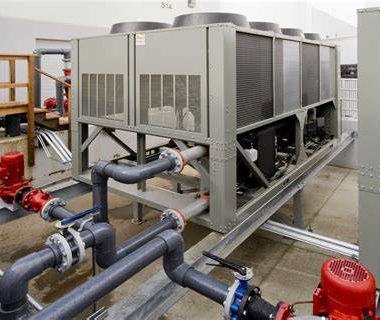Product Specifications of RO chiller
Things you should see before buying RO chiller
The product specifications of an RO water chiller may vary depending on the specific model and manufacturer. but some common features and product specifications are;
Cooling Capacity:
The cooling capacity of an RO water chiller is measured in BTUs (British Thermal Units) or tons of refrigeration. It indicates the amount of heat that can be removed from the water per hour.
Temperature Range
The temperature range of an RO water chiller typically ranges from 5°C to 30°C or higher, depending on the model.
Water Flow Rate
The water flow rate of an RO water chiller determines the amount of water that can be chilled per hour. It is usually measured in liters per minute (LPM) or gallons per minute (GPM).
Water Quality
The RO water chiller produces high-purity water by removing impurities and minerals from the water through the reverse osmosis process. The water quality may be measured in terms of Total Dissolved Solids (TDS), which is the concentration of dissolved substances in the water.
Power Consumption
The power consumption of an RO water chiller is typically measured in watts or kilowatts (kW). It indicates the amount of electrical energy required to operate the chiller as well.
Refrigerant Type
The refrigerant type used in an RO water chiller is important as it can affect the energy efficiency and environmental impact of the chiller. Common refrigerants include R-410A, R-404A, and R-134a.
Size and Weight
The size and weight of an RO water chiller can vary depending on the cooling capacity and other specifications. Some models are designed for compact spaces, while others may be larger and more heavy-duty.
Control System
The control system of an RO water chiller allows users to monitor and adjust the temperature and other settings. Some models may include advanced features such as remote monitoring and control via a computer or mobile device.





